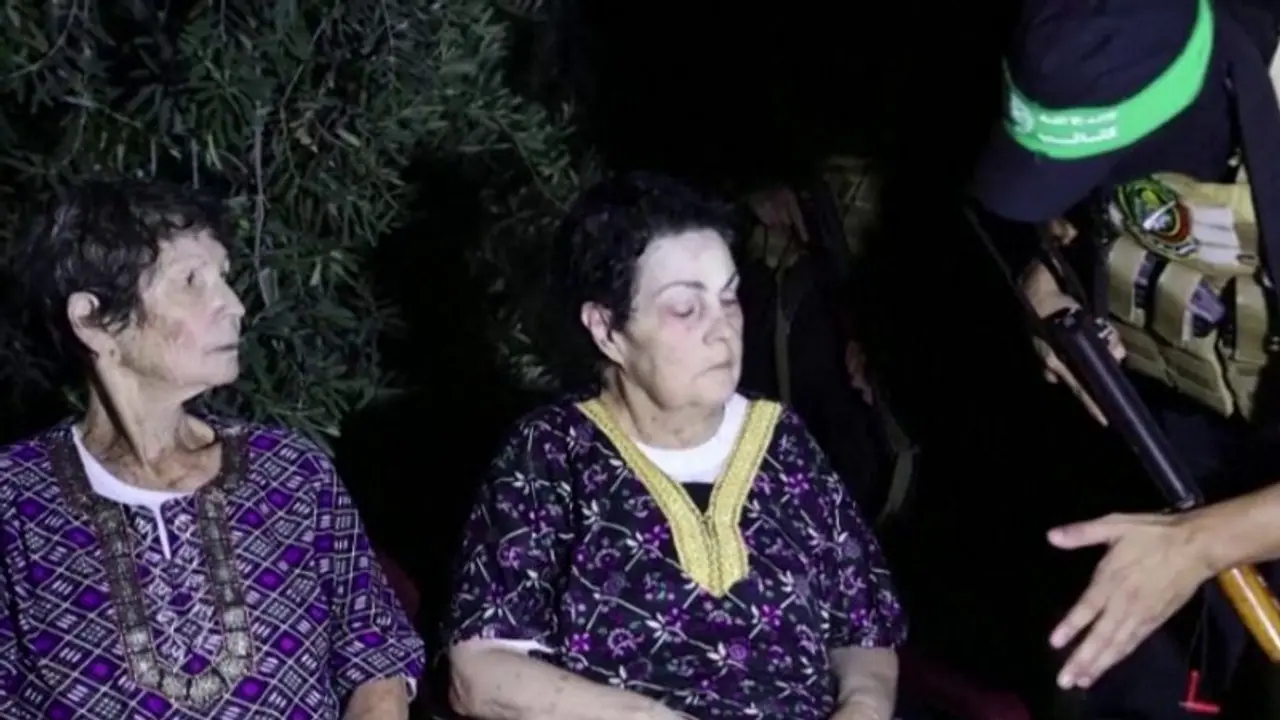Israel's Health Ministry alleges that hostages freed from Hamas were drugged with Clonazepam for a calm appearance, sparking concerns and calls for international reporting and accountability.
In a shocking revelation, a Israel Health Ministry representative informed the Knesset Health Committee on Tuesday that hostages released from Hamas captivity were administered tranquilizer pills before being handed over to the Red Cross for transfer to Israel. The drugging aimed to present the hostages as calm, happy, and upbeat despite enduring more than 50 days of physical abuse, deprivation, and psychological terror in Gaza.

Dr. Hagar Mizrahi, head of the Health Ministry’s medical division, identified the drug used as Clonazepam, known as Clonex in Israel and marketed as Klonopin and Rivotril globally. Clonazepam is typically used to prevent and treat anxiety disorders, seizures, bipolar mania, agitation associated with psychosis, and obsessive-compulsive disorder.
The Health Ministry representative did not disclose whether the drugging had been confirmed through blood tests conducted on the released hostages at Israeli hospitals or if it relied on testimony provided by the freed hostages, leaving some uncertainty regarding the verification process.
The families of the hostages had initially raised concerns about the drugging during their testimony before the committee. This revelation adds a disturbing layer to the already harrowing experiences faced by the hostages during their captivity.
Shas MK Yonatan Mashriki urged the Health Ministry to issue an official report to health organizations worldwide, detailing evidence of the drugging and other medical findings following the return of the released hostages. This call emphasizes the need for transparency and accountability in addressing the health implications of such actions.
The disclosure of drugging raises serious questions about the treatment of hostages by Hamas and the potential health risks associated with such practices. As investigations unfold, there is a growing demand for clarity on the verification process and an international response to ensure accountability for these actions.
